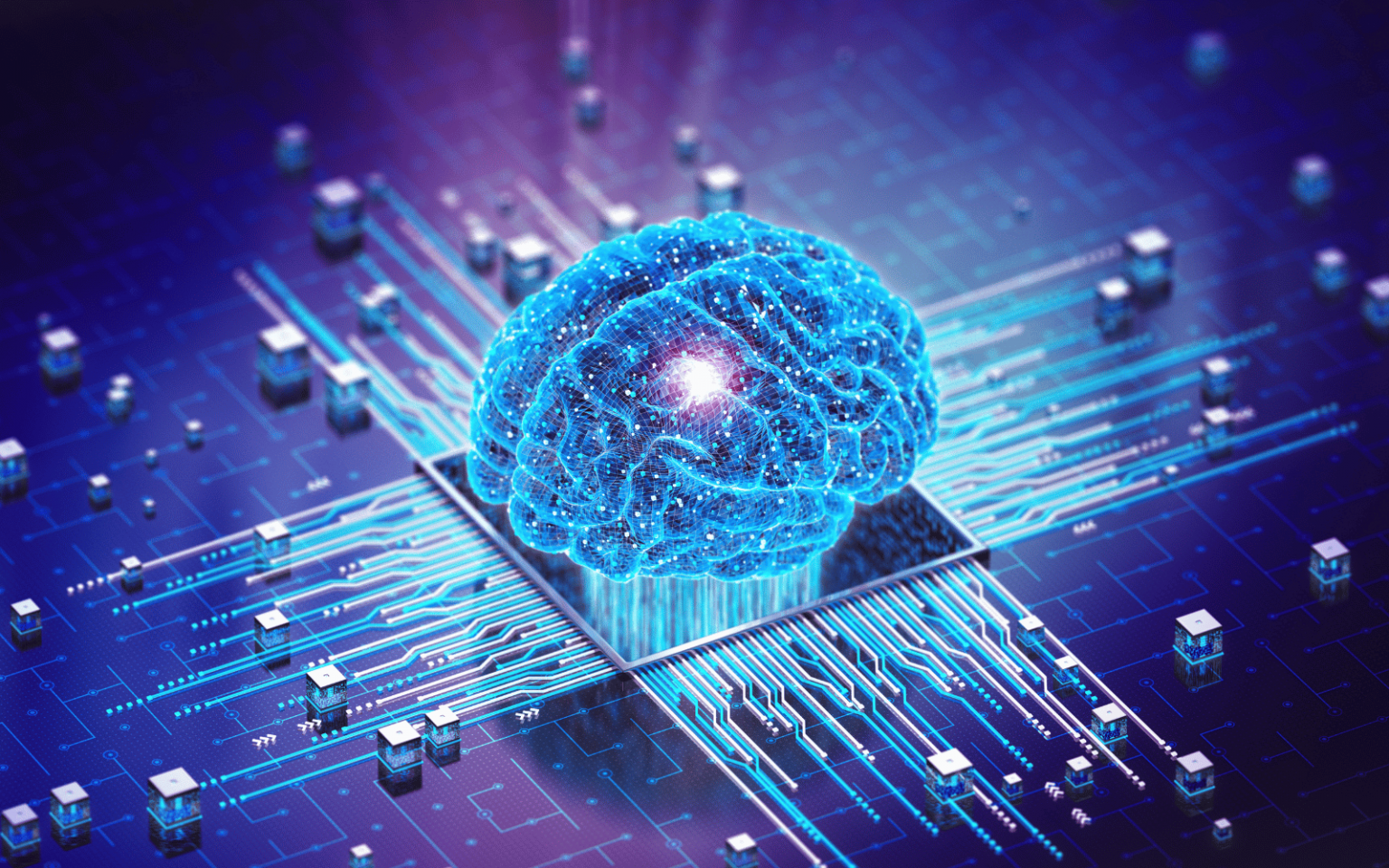Tesla is yet again undergoing scrutiny from federal regulators in the United States. The issue at hand now is whether the automotive company did enough in response to the 2023 recalls by the U.S. National Highway Traffic Safety Administration (NHTSA) and Transport Canada. The recalls were issued after several collisions resulting from using Tesla’s proprietary Autopilot system. Tesla’s Autopilot — alongside systems like Cadillac’s Super Cruise and Volvo’s Pilot Assist — falls in the category of partially automated systems. These systems can take control of the vehicle’s acceleration and lane position however, they require the human driver to stay vigilant. https://youtu.be/hzK9zunYL_c The recall issued on Dec. 12,…
Author: The Conversation
Artificial intelligence (AI) has progressed at an astounding pace over the last few years. Some scientists are now looking towards the development of artificial superintelligence (ASI) — a form of AI that would not only surpass human intelligence but would not be bound by the learning speeds of humans. But what if this milestone isn’t just a remarkable achievement? What if it also represents a formidable bottleneck in the development of all civilisations, one so challenging that it thwarts their long-term survival? This idea is at the heart of a research paper I recently published in Acta Astronautica. Could AI be the universe’s “great filter” – a…
A longstanding feud between TikTok and Universal Music Group seems to have finally reached an end, with both parties signing a deal that will see Universal-backed music returned to the social media platform. Universal first removed its artists’ work from TikTok about three months ago, restricting access to tunes from household names such as Billie Eilish, Adele, Harry Styles, Drake, Kendrick Lamar, Kanye West and Post Malone. Taylor Swift was initially included this group, but reinstated her offerings ahead of the release of The Tortured Poets Department. Unlike most artists signed with Universal, Swift struck a unique deal that lets her control where her music…
You might have seen viral videos of Wendy’s drive-thru customers in the United States ordering their fast food from the firm’s generative AI bot Wendy’s FreshAI. Most show a very human-like transaction punctuated with cries of amazement at how fast, accurate and polite the system is. While the system and others like it are in their infancy, and some still rely heavily on human assistance, retailers are investing huge sums in AI to replace human workers. Why the rush to automate? It might seem like it’s all about slashing the wage bill, and straight AI-for-human swaps are indeed happening in many roles. But there is another force driving the tsunami…
Recently, there has been a flurry of publicity about the planned upgrades to OpenAI’s ChatGPT AI-powered chatbot and Meta’s Llama system, which powers the company’s chatbots across Facebook and Instagram. The technology behind these systems is known as a large language model (LLM). These are artificial neural networks, a type of AI designed to mimic the human brain. They can generate general-purpose text, for chatbots, and perform language processing tasks such as classifying concepts, analysing data and translating text. They acquire these abilities through an intensive process known as training, where the AI system is exposed to vast amounts of data in an effort…
In March, we saw the launch of a “ChatGPT for music” called Suno, which uses generative AI to produce realistic songs on demand from short text prompts. A few weeks later, a similar competitor – Udio – arrived on the scene. I’ve been working with various creative computational tools for the past 15 years, both as a researcher and a producer, and the recent pace of change has floored me. As I’ve argued elsewhere, the view that AI systems will never make “real” music like humans do should be understood more as a claim about social context than technical capability. The argument “sure, it can…
Recently, five school boards in Ontario filed a lawsuit against the major social media platforms: Facebook and Instagram, Snapchat and TikTok. Their lawsuit says that these platforms are designed to be addictive and have caused all kinds of problems for the education system. The lawsuit says social media causes children to suffer from mental health issues, and it increases distraction, social withdrawal, and cyberbullying. And it causes damage and disruption to the classroom, putting all kinds of new burdens on teachers who are already dealing with shrinking budgets and increased class sizes. The $4.5 billion lawsuit follows over 200 lawsuits by school boards in the United States in…
If all goes well late on May 6, 2024, NASA astronauts Butch Wilmore and Suni Williams will blast off into space on Boeing’s Starliner spacecraft. Launching from the Kennedy Space Center, this last crucial test for Starliner will test out the new spacecraft and take the pair to the International Space Station for about a week. Part of NASA’s commercial crew program, this long-delayed mission will represent the vehicle’s first crewed launch. If successful, it will give NASA – and in the future, space tourists – more options for getting to low Earth orbit. From my perspective as a space policy expert, Starliner’s launch…
All systems are “go” for tonight’s launch of China’s next step in a carefully planned lunar exploration program. Placed on top of a powerful Long March 5 rocket, the Chang’e 6 mission is due to lift off from the Wenchang Space Launch Site on southern Hainan Island at 7:30pm AEST. It aims to deliver several “firsts” in the increasingly crowded and competitive arena of Moon exploration. Chang’e 6 will be only the second mission to land on the lunar far side, after Chang’e 4 successfully touched down first in 2019. It’s the latest mission in China’s successful and long-running lunar exploration program, aimed at proving new technological…
Before you buy something, visit a new restaurant, or see a new film, you may be tempted to check out the online reviews. Researching what strangers think of the things we might like has become a familiar part of the modern consumer experience. But how can we know which reviews to trust? Which ones are written by honest customers sharing their genuine experiences, and which ones are posted with ulterior motives? For while consumer reviews can guide us towards the best products and services, concealed within the shadows are deceptive reviews, meticulously crafted to deceive and manipulate. Fake feedback, you…










